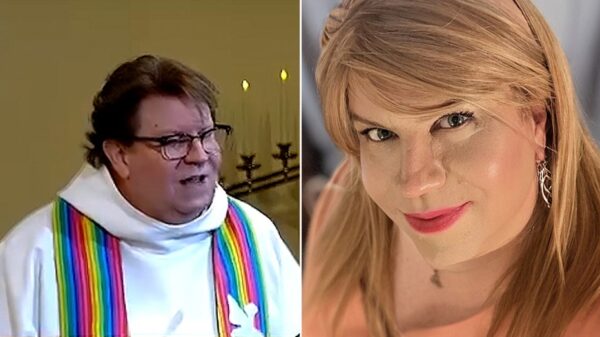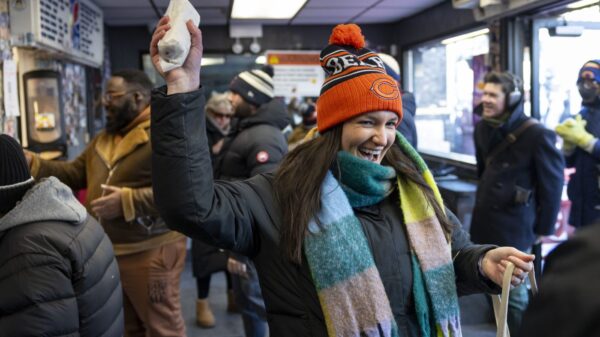In a remarkable discussion about the intersection of science and accessibility, blind astrophysicist Wanda Diaz-Merced shared her groundbreaking work on gravitational waves. This conversation, hosted by Lulu Miller on the Radiolab podcast “Terrestrials,” highlights how Diaz-Merced’s unique perspective and innovative methodologies are advancing our understanding of these cosmic phenomena.
Diaz-Merced, who has dedicated her career to studying gravitational waves—ripples that travel through spacetime—has developed techniques that allow her to analyze data in ways that transcend traditional visual methods. Her work is significant, especially as gravitational waves provide crucial insights into events like black hole mergers and neutron star collisions. The ability to detect these waves opens new avenues in astrophysics, enhancing our comprehension of the universe.
During the podcast, Scott Detrow converses with Miller about Diaz-Merced’s journey and the tools she employs. One such tool is sonification, a method that translates data into sound, enabling her to hear patterns and anomalies in the gravitational wave signals. This innovative approach not only aids her research but also creates a pathway for other scientists with visual impairments to contribute meaningfully to the field.
Transforming Data into Sound
The pivotal moment in Diaz-Merced’s career came when she realized that the data from gravitational waves could be interpreted through auditory means. This revelation led her to develop techniques that convert complex datasets into sound waves, allowing her to “listen” to the universe. In her own words, “I don’t see the waves, but I can hear them.”
This transformation from visual to auditory data representation has profound implications for the scientific community. It not only democratizes access to astrophysical research but also challenges conventional notions of scientific inquiry. By embracing alternative modalities, Diaz-Merced is setting a precedent for inclusivity in science.
The conversation emphasizes the importance of diverse perspectives in research. Diaz-Merced’s experiences illustrate how her blindness has shaped her approach to problem-solving and creativity in the field. She encourages aspiring scientists with disabilities to pursue careers in STEM, highlighting the value of different viewpoints in enhancing scientific understanding.
Pioneering Pathways in Astrophysics
As gravitational wave astronomy continues to evolve, Diaz-Merced’s contributions are becoming increasingly vital. Her research not only aids in detecting cosmic events but also fosters a more inclusive scientific environment. By sharing her story, she inspires others to challenge barriers and embrace innovative methodologies.
The podcast episode featuring Diaz-Merced serves as a powerful reminder of the potential that lies in diversifying the scientific workforce. It calls on institutions to recognize and support the unique contributions that individuals from varied backgrounds can offer.
In conclusion, the discussion between Miller, Detrow, and Diaz-Merced highlights the remarkable advances being made in gravitational wave research and the importance of accessibility in science. As the field grows, the inclusion of diverse voices like Diaz-Merced’s promises to propel our understanding of the universe to new heights.







































































